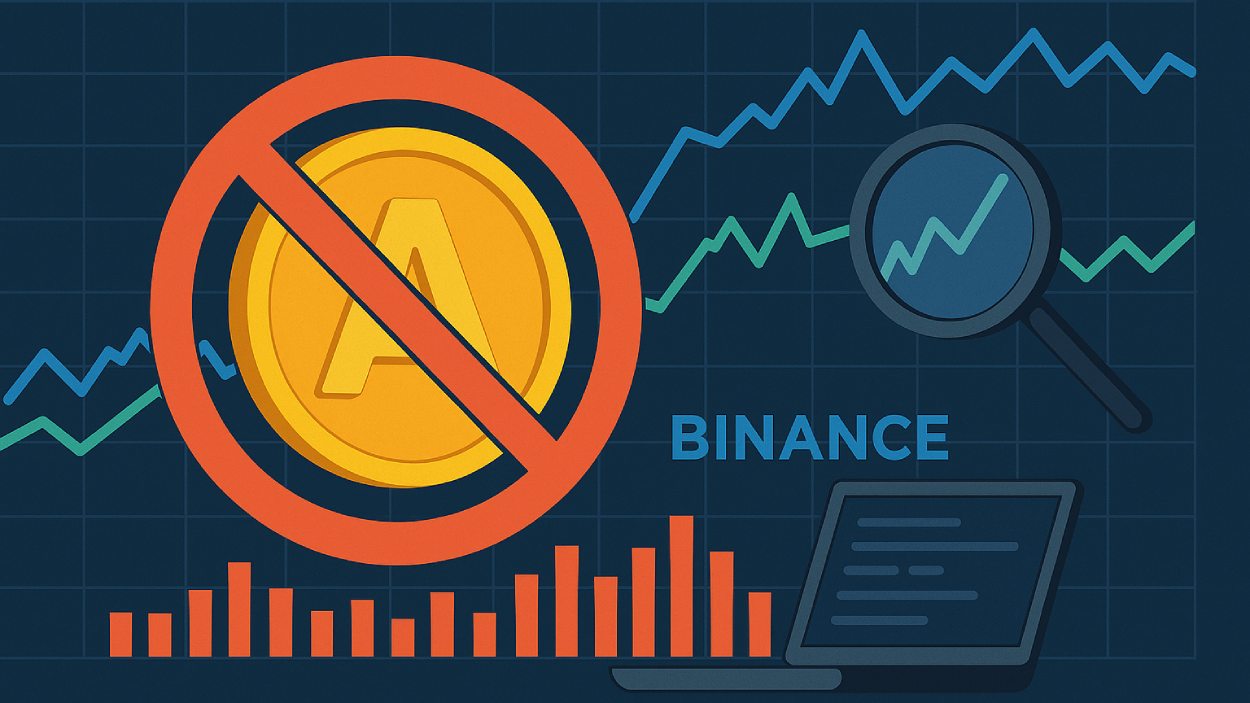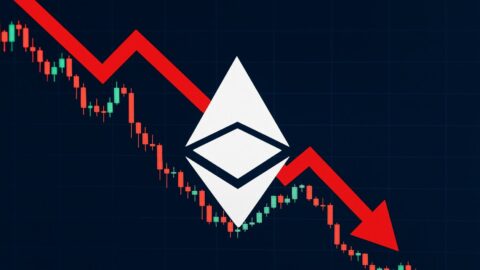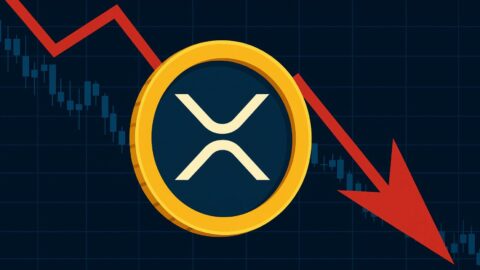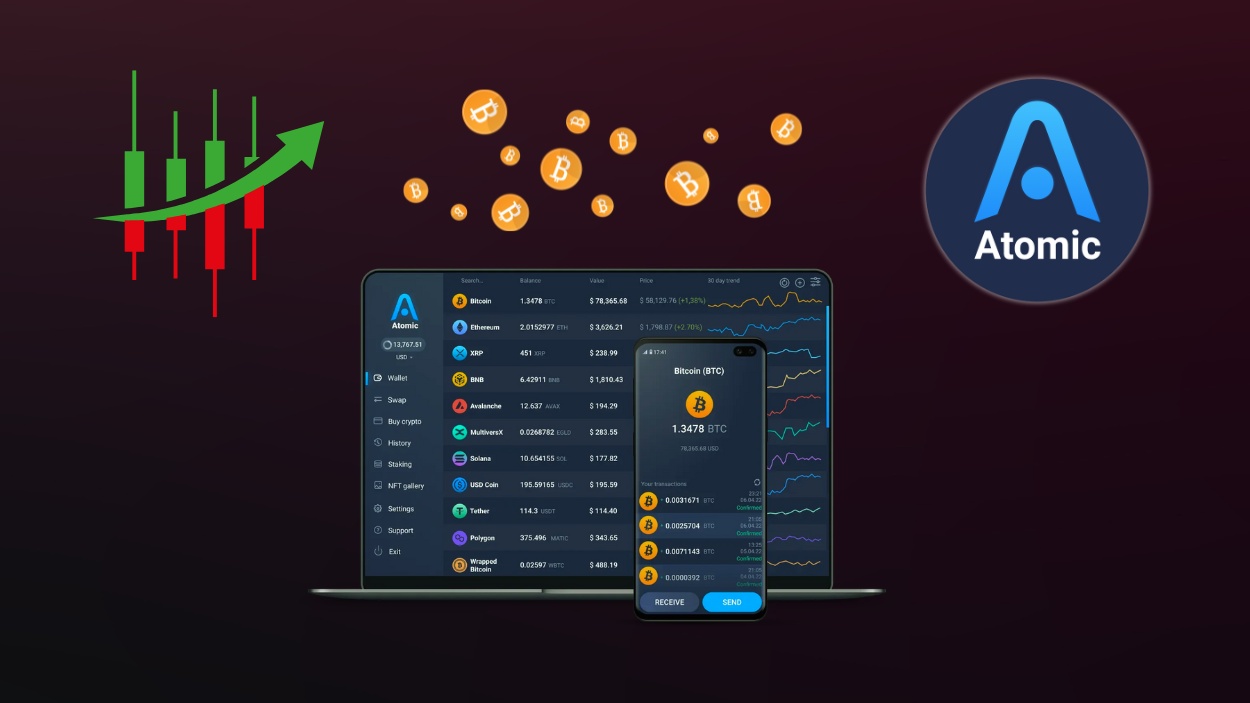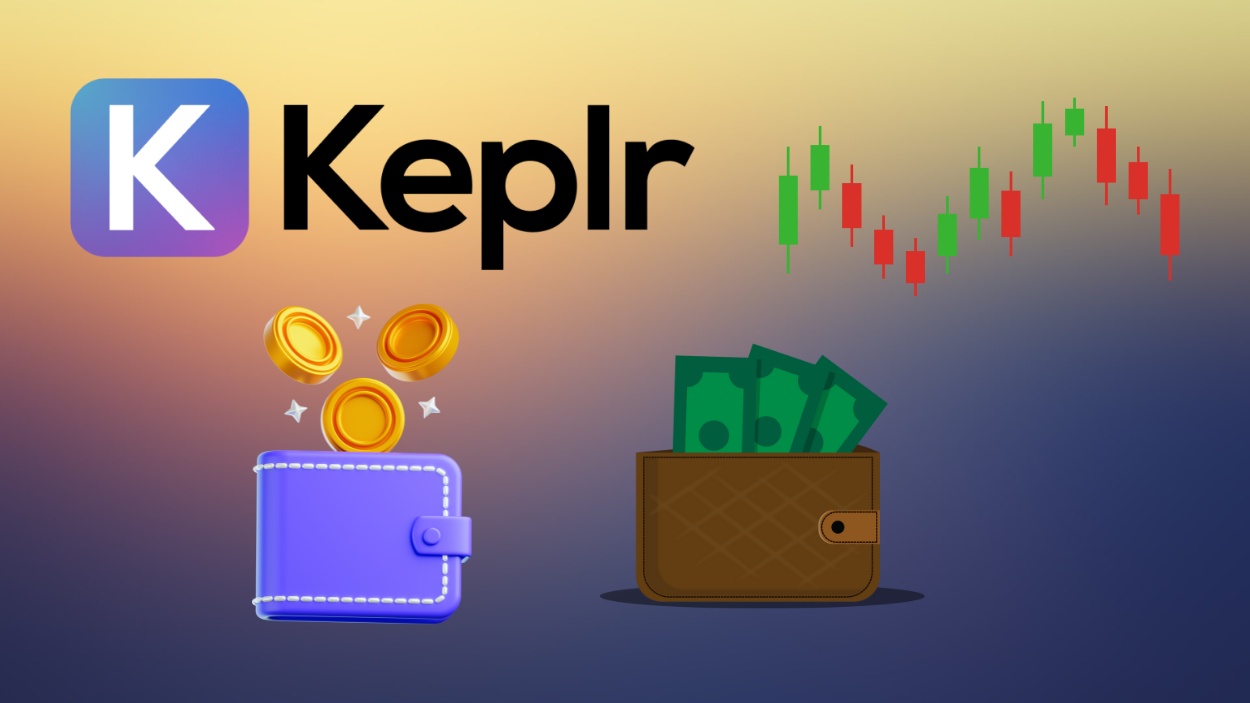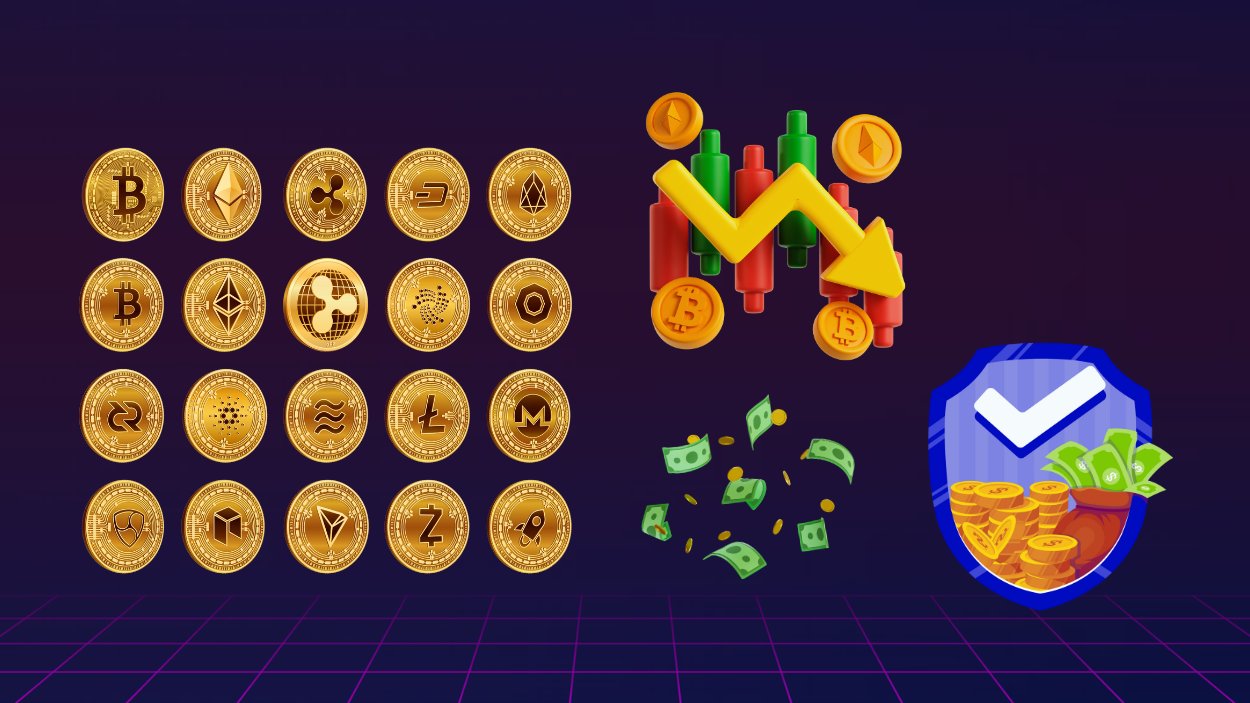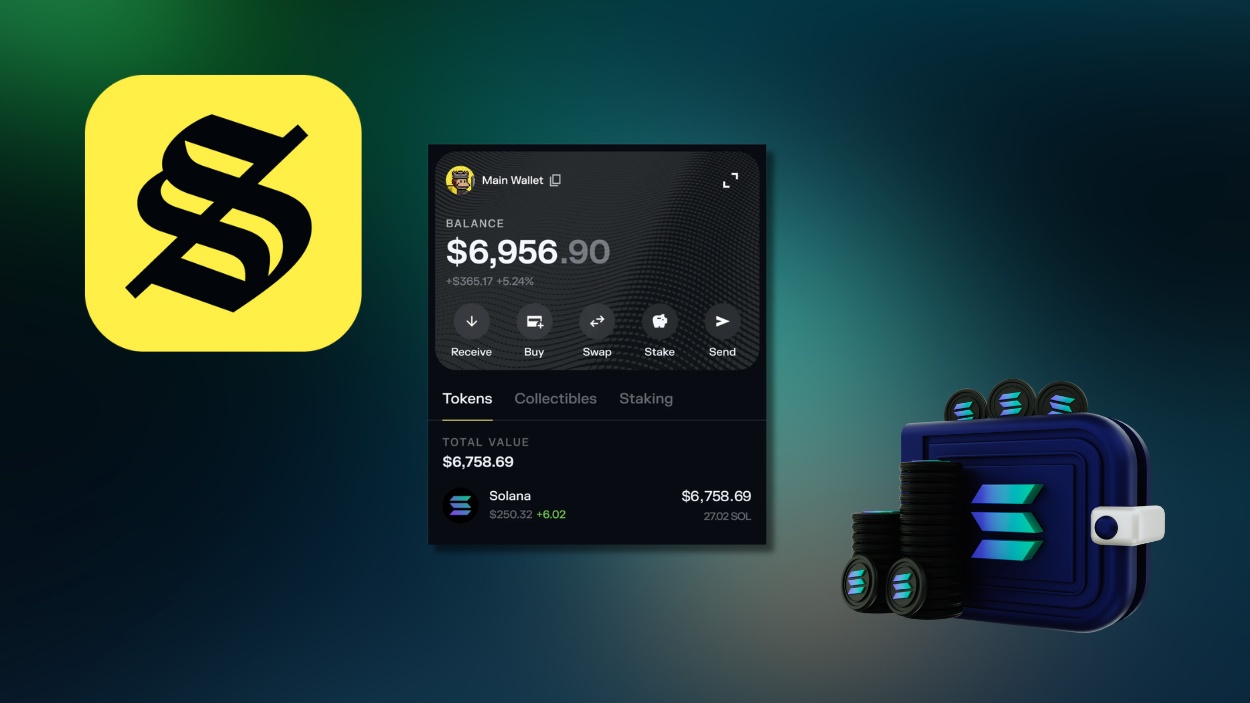DeFiLlama has delisted Aster DEX’s perpetual futures volume data from its dashboard due to growing concerns over suspicious trading patterns that closely resemble activity on Binance.
Key Takeaways
- DeFiLlama delisted Aster DEX’s perpetual volume data after discovering a near-perfect correlation with Binance’s trading volume.
- Suspicions of wash trading arose as Aster’s XRPUSDT volumes mirrored Binance’s 1:1, unlike other decentralized platforms.
- Aster failed to provide detailed transaction data, preventing verification of whether the activity was legitimate.
- The move has triggered a drop in Aster’s token value, fueling wider discussions about transparency in DeFi trading metrics.
What Happened?
DeFi analytics platform DeFiLlama removed Aster DEX’s perpetual futures trading data from its rankings, citing data integrity concerns. The move came after 0xngmi, a pseudonymous co-founder of DeFiLlama, highlighted that Aster’s trading volume was almost exactly mirroring Binance’s, a centralized exchange. The correlation raised red flags about potential wash trading, a form of market manipulation where traders buy and sell the same asset to inflate volume numbers artificially.
We’ve been investigating aster volumes and recently their volumes have started mirroring binance perp volumes almost exactly
— 0xngmi is hiring (@0xngmi) October 5, 2025
Chart on the left is XRPUSDT on aster, you can see the volume ratio vs binance is ~1
Chart on the right is XRP perp volume on hyperliquid, where there’s… pic.twitter.com/MwVD7rRyEn
Why DeFiLlama Took Action
DeFiLlama’s internal audit discovered that the perpetual trading volume on Aster, especially for the XRPUSDT pair, showed a nearly 1:1 correlation with Binance’s volume. This behavior is extremely rare for decentralized exchanges, which typically display organic trading patterns due to varied user behavior and liquidity pools.
- XRPUSDT volumes on Aster tracked Binance exactly, a phenomenon not seen in other decentralized platforms.
- Hyperliquid, another perp DEX, displayed natural fluctuations in volume, highlighting Aster’s unusual activity.
Adding to the concern, Aster reportedly did not provide low-level trading data, such as taker and maker addresses or transaction IDs. This lack of transparency blocked DeFiLlama from verifying if the high volumes were genuine or manipulated.
In a detailed response to critics, 0xngmi defended the decision, denying that DeFiLlama was paid to delist Aster. He explained that listing manipulated data would mislead API users and distort aggregate metrics, making removal necessary for maintaining platform integrity.
Market Impact and Aster’s Recent Surge
Before the delisting, Aster had rapidly grown in popularity, drawing attention from the crypto community partly due to its rumored links to Binance co-founder CZ. It emerged as a key competitor to Hyperliquid, with trading volume and open interest skyrocketing.
- Aster’s open interest surged over 33,500% in late September.
- Daily perpetual trading volume peaked at $60 billion on September 25.
- The token hit a high of over $2.30, though it later fell to around $2.01 after delisting news broke.
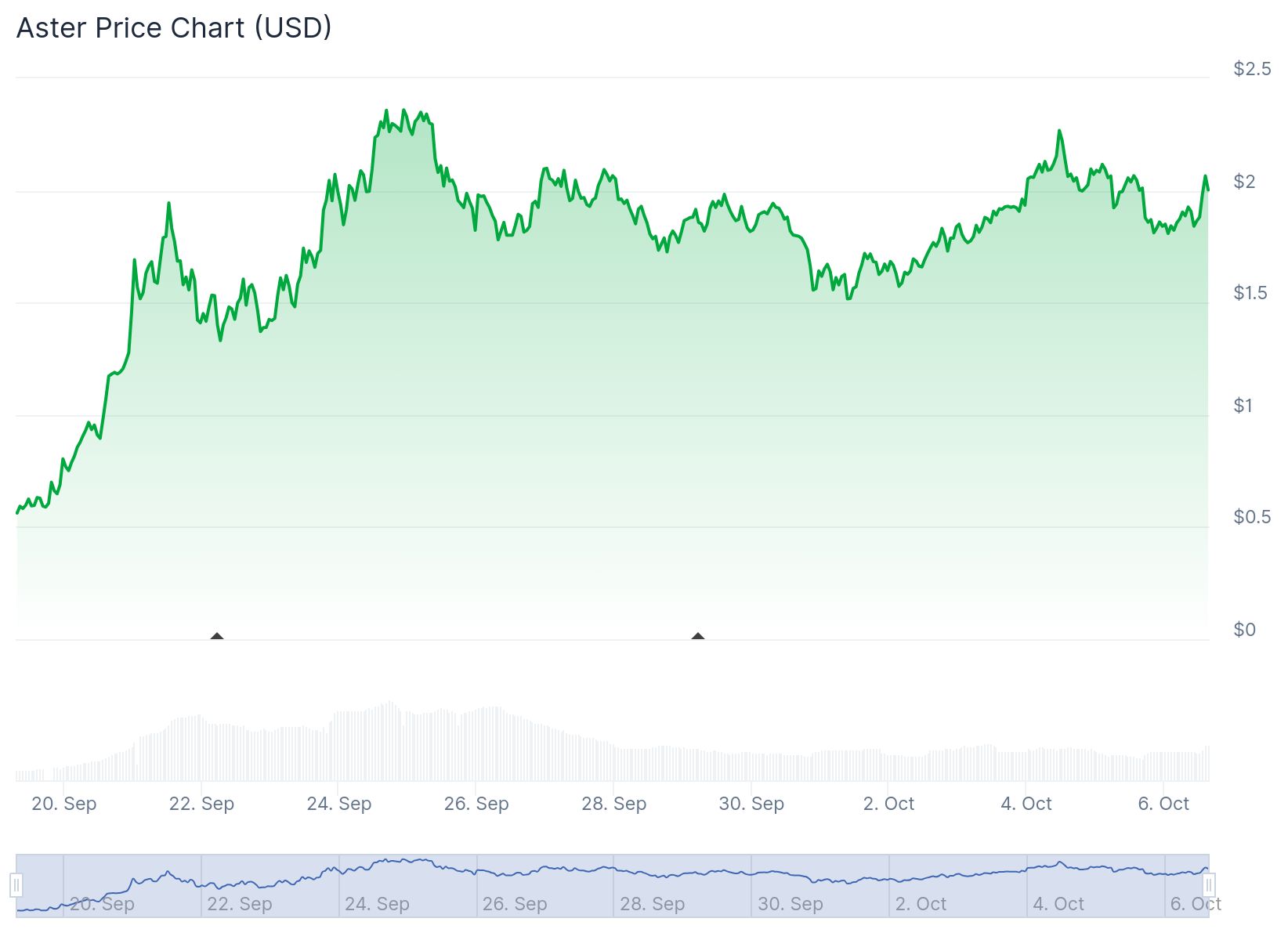
Despite the current setback, some analysts previously speculated that Aster could rally up to 35% or more in October, typically a strong month for crypto markets. But without transparency, those projections now face skepticism.
The Bigger Problem in DeFi
This case underscores a deeper challenge within decentralized finance: the difficulty of ensuring transparent and verifiable data in a sector that prides itself on openness.
DeFiLlama has had to delist other perpetual exchanges in the past over similar concerns. Keeping suspect data live, even with a disclaimer, creates trust issues and undermines the reliability of data aggregation platforms.
Until Aster provides verifiable on-chain activity, it remains excluded from DeFiLlama’s perpetual rankings.
CoinLaw’s Takeaway
Honestly, I see this as a wake-up call for anyone in DeFi. In my experience, whenever platforms explode in volume overnight and start mimicking centralized giants like Binance, it’s worth digging deeper. What’s alarming is not just the suspected wash trading, but the refusal to share detailed data that could clear it up. I find it encouraging that DeFiLlama is holding projects accountable. Transparency isn’t optional in DeFi, it’s the whole point. If Aster wants trust, it needs to prove its numbers are real.

